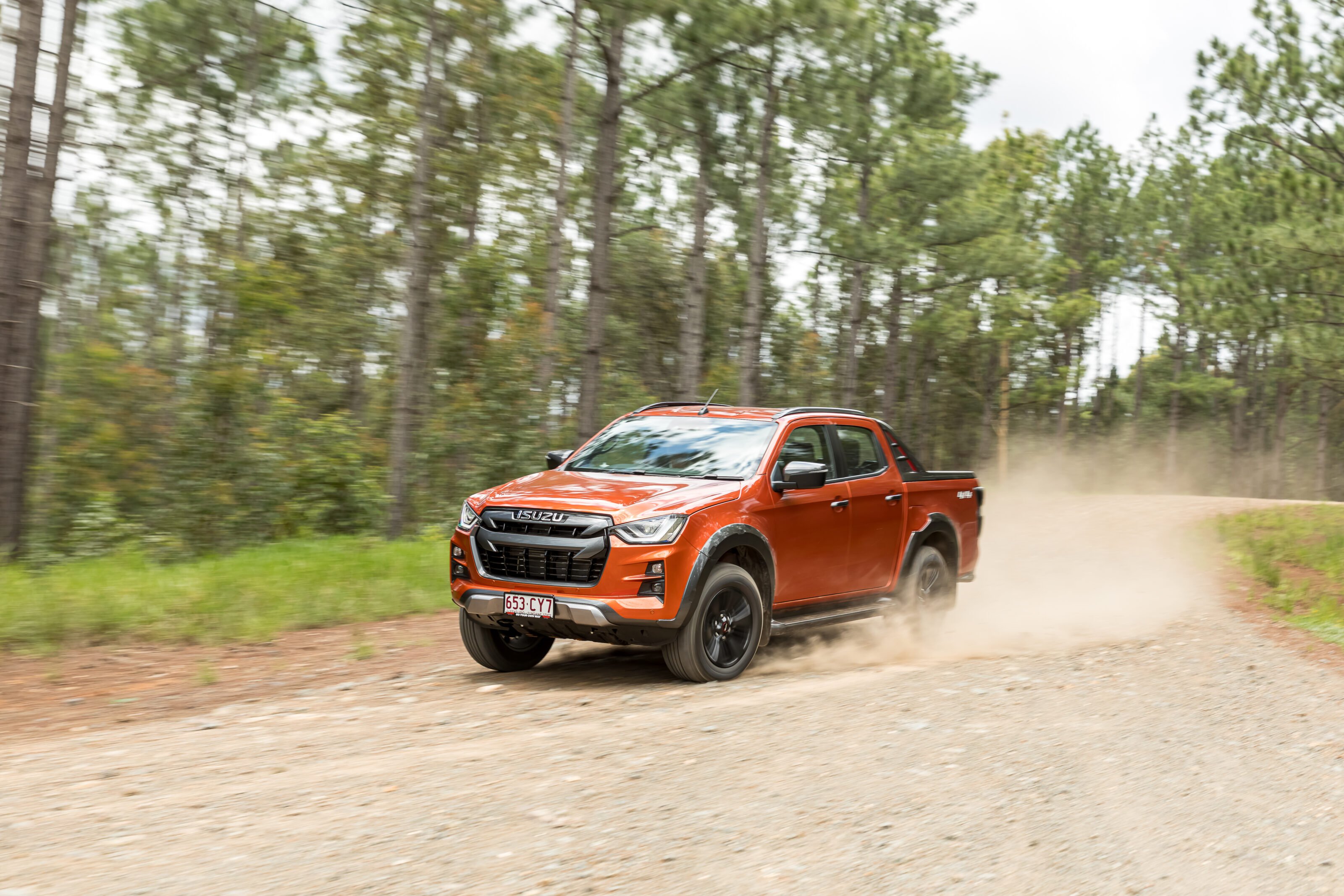
Snapshot
- The scheme offers rebates to buyers of EVs and other efficient cars
- But cars less efficient vehicles will incur a purchase fee
- Some carmakers fear scheme will force them out of NZ
New Zealand’s Land Transport (Clean Vehicles) Amendment legislation, more commonly known as the Clean Car Standard, has been given the nod from the national parliament and will come into effect from April 1.
The Standard has been designed to encourage the purchase of electric or low-CO2 emission light vehicles by reducing the cost of eligible new and used fuel-efficient ones, while imposing a fee on high-polluting vehicles.
Any passenger vehicle emitting less than 146 grams of C02 per kilometre will be eligible for a Government rebate, while those that emit 193 grams and higher are subject to a Government fee that rises with their CO2 levels. All others which fall between 146 and 192g/km are in a neutral zone and won’t attract a rebate or fee.
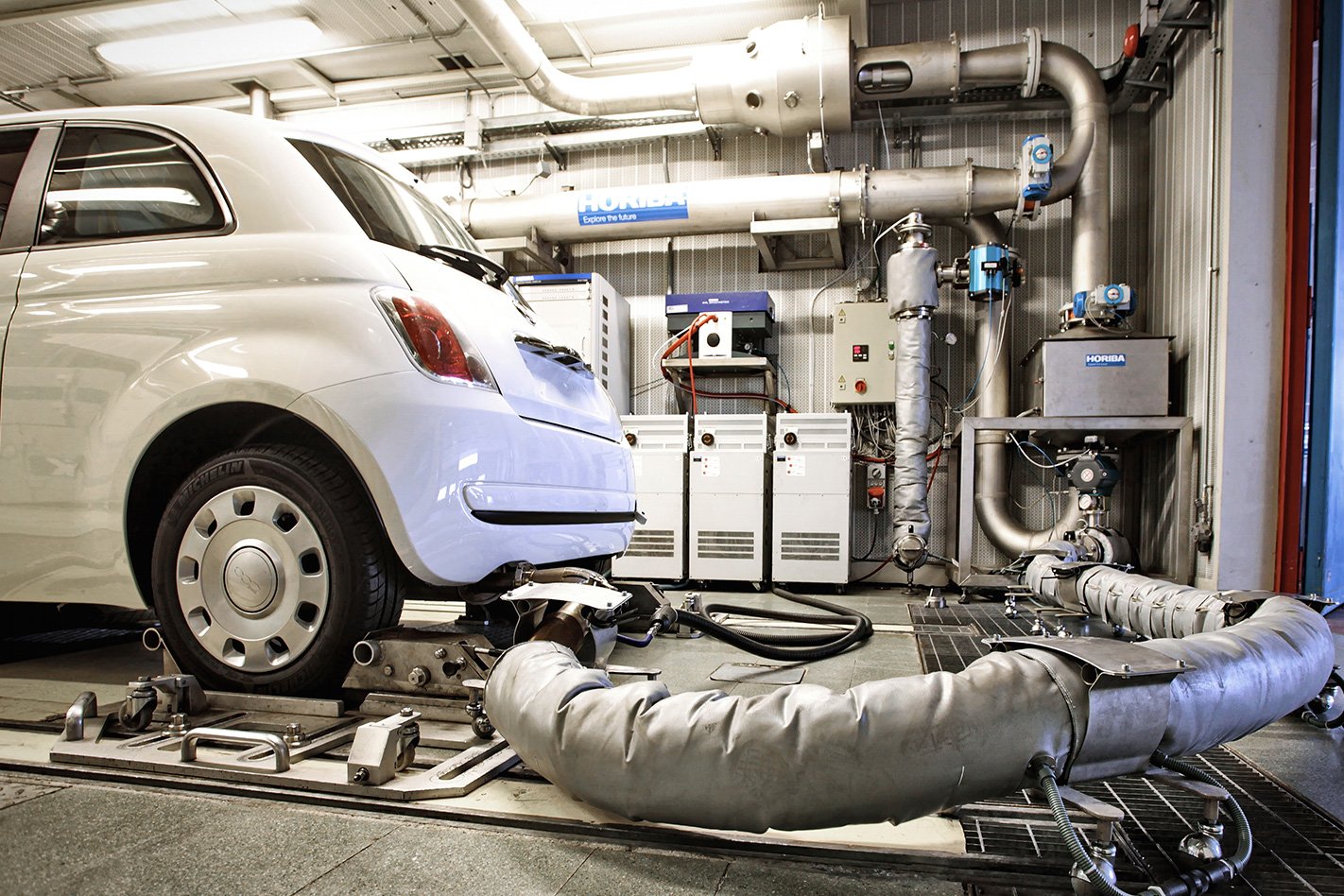
This carrot and stick approach, nicknamed the Clean Car Feebate Scheme, has predictably received a mixed reaction from the car industry. Naturally, the carrot has been well received, the stick not so much – with some brands facing price hikes across their lineups as the targets become more ambitious each year.
Isuzu Ute is so concerned about the impact of the scheme that it has threatened to pull out of the New Zealand market. As it stands, the 4WD D-Max and M-UX variants, which produce about 240g of C02 per kilometre, will attract a fee of around AU$2800.
This will significantly increase during the next three years, with the fee threshold gradually reducing to 155g/km for light commercial vehicles.
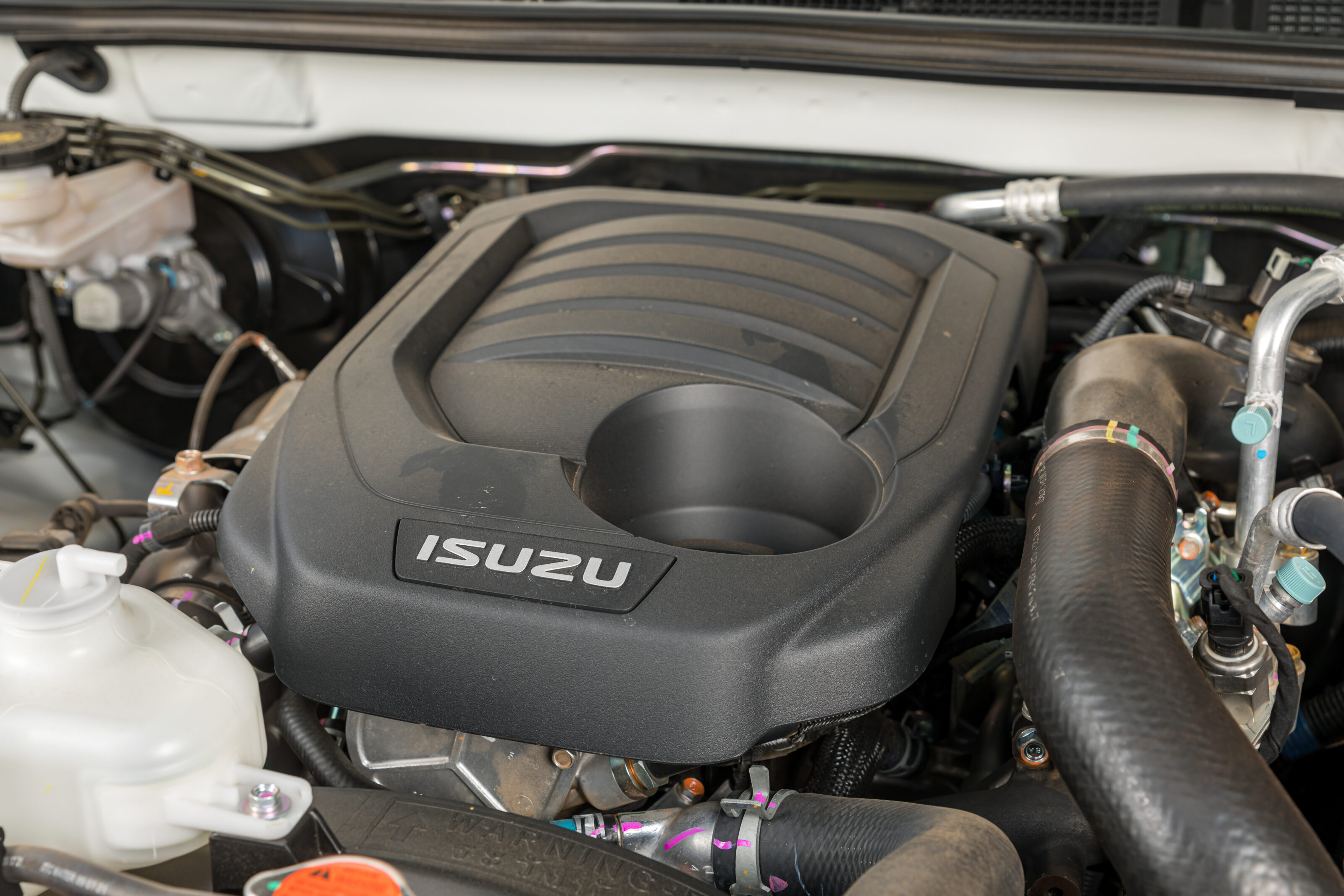
In its submission to the Government’s Land Transport Amendment Bill, Isuzu Ute’s New Zealand distributor said the targets were not achievable this side of 2030.
“Isuzu Ute does not have the ability to offset the higher emissions utes with lower emissions variants – they do not exist and will not for the foreseeable future. This means the Clean Car Standard will simply mean a tax on the business, which is not affordable in this competitive market.”
Transport Minister Michael Wood said New Zealand’s targets have already been met in other jurisdictions such as Japan and the EU.
However, as Isuzu’s statement pointed out, the targets “reflect little or no understanding of how different the New Zealand market is from Europe. In Europe, utes make up less than three per cent. In New Zealand, that share is currently 23-24 percent.

Suzuki is another brand that has questioned its viability in New Zealand. While most of its small cars attract a rebate, this won’t be the case as the targets begin tightening.
In its submission to the Government, Suzuki New Zealand said the proposed emission targets for 2026 and 2027 will be the most challenging in the world, and three years ahead of Europe.
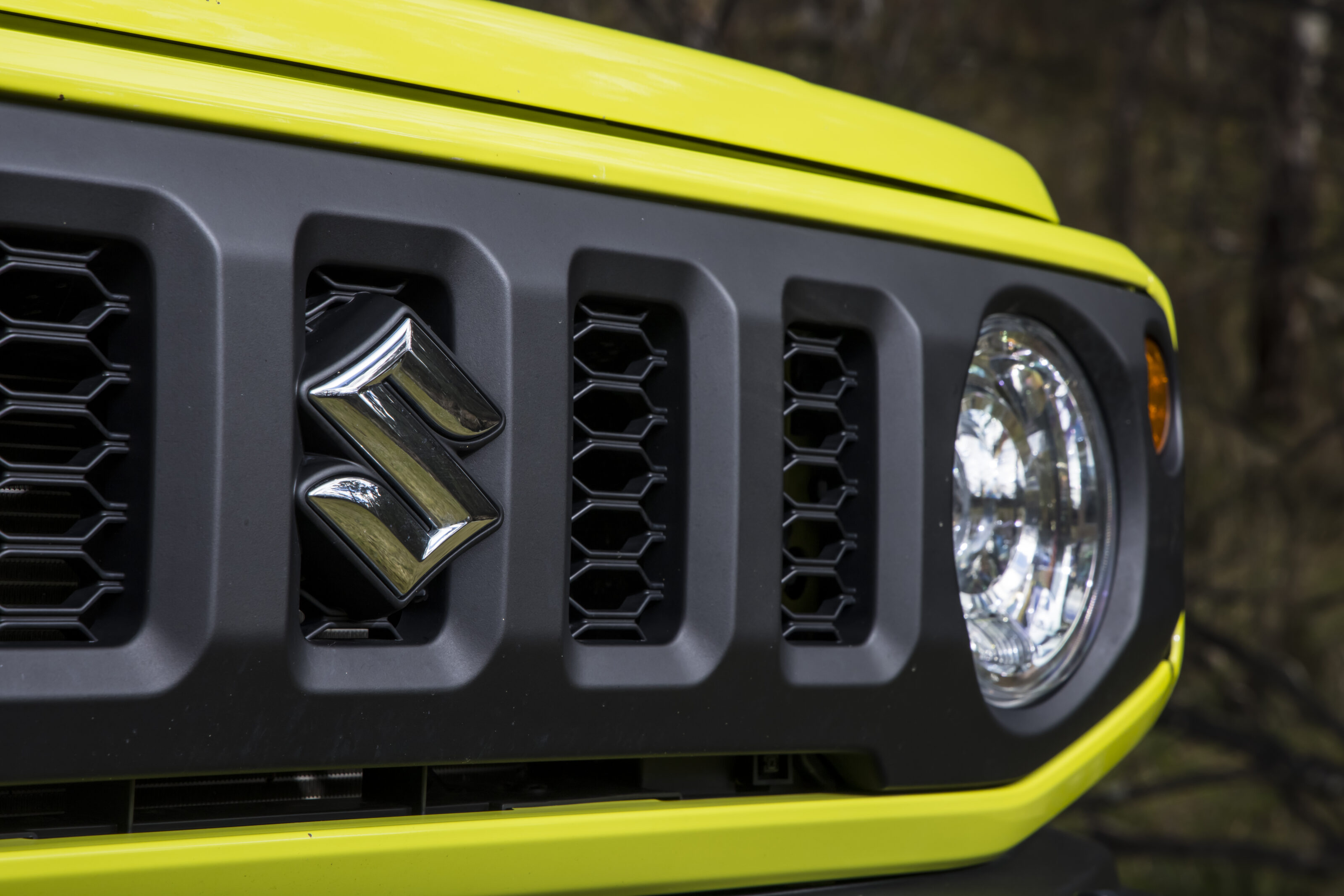
“Suzuki has the lowest emissions of the top 10 brands in New Zealand and we support the introduction of an emission standard,” said Suzuki New Zealand CEO Tom Peck.
“It is important that the automotive industry strives to reduce global warming. Our concern is that any targets need to be fair and well planned to prevent any unforeseen ramifications.”
According to Suzuki, one of the country’s most affordable new cars, the Swift GL auto, would eventually incur a NZ$6000 penalty over its $23,500 retail price.
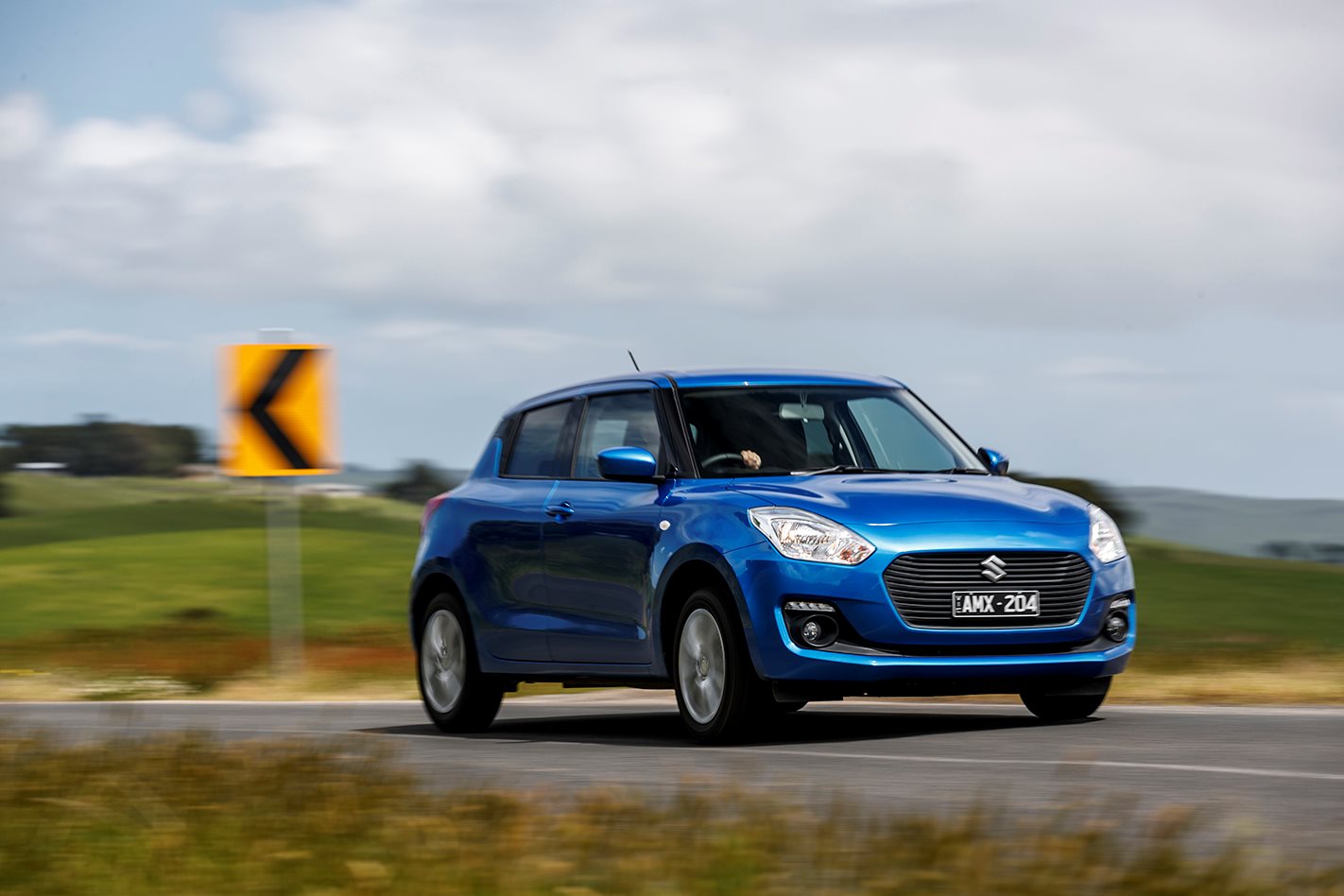
“To sell the same new Swift in 2027 under the Clean Car Standard would incur over $6000 of Government penalties,” said Peck.
“We are concerned that not all of our customers can afford EV technologies and the planned Government penalties on our current fuel-efficient vehicles may make them unaffordable.
“Many customers will simply retain their current vehicle, which will make the New Zealand fleet older. This will not assist the country to reduce emissions and it will deny customers access to the latest safety technologies of new cars.”
But it’s not all bad news.
Like Isuzu Ute, Toyota also has a bunch of utes and SUVs that will be slugged by the Feebate scheme, but unlike Isuzu, it also has hybrids eligible for rebates averaging around AU$3000.
And while the CEO of its New Zealand arm, Neeraj Lala, had expressed concern about the scheme, liking it to a defibrillator that is set too high, he recently conceded that it has delivered benefits – including the ability to convince the parent company to send more electrified models to New Zealand, ahead of Australia.
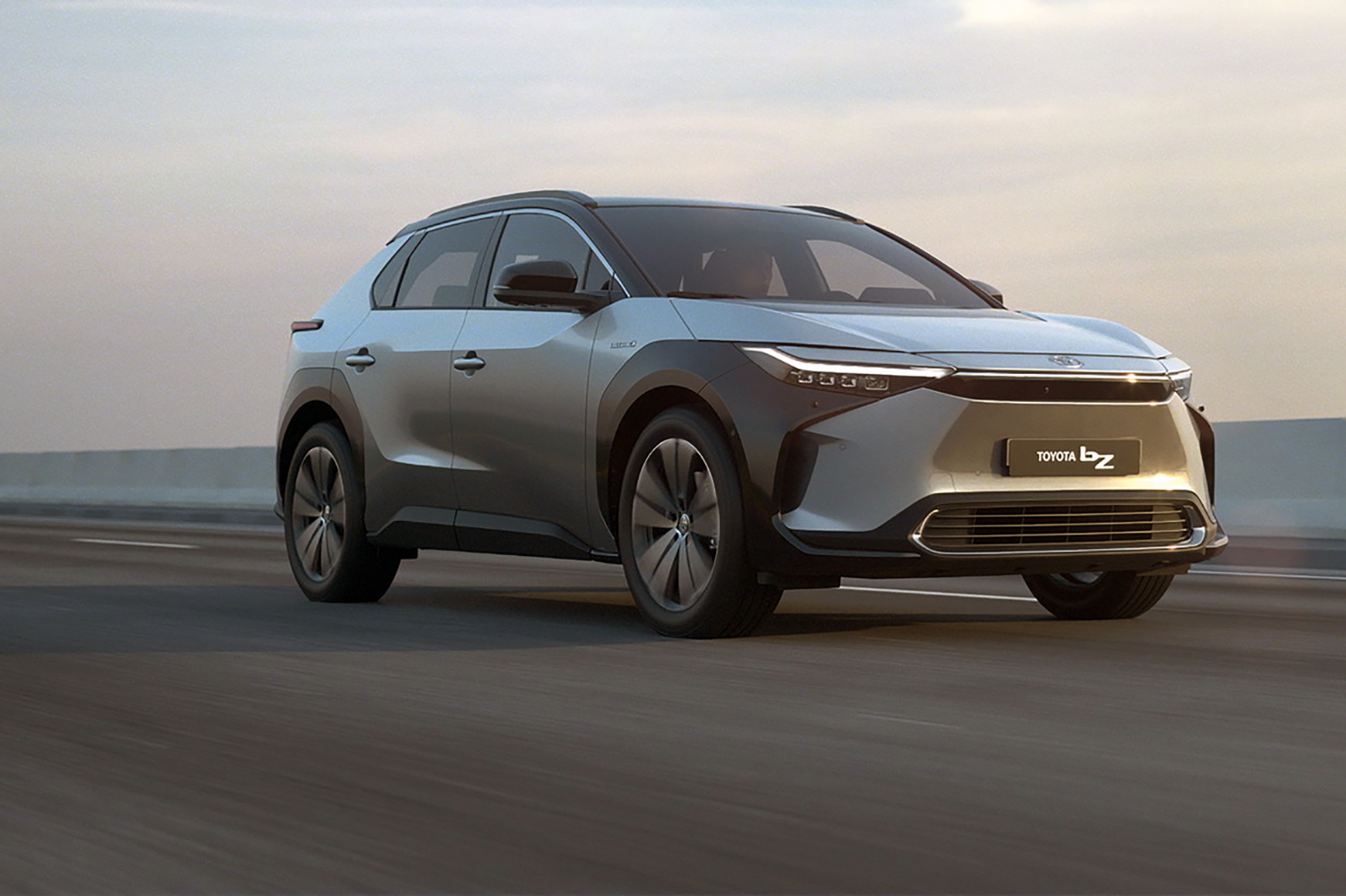
Meanwhile, Skoda New Zealand general manager Rodney Gillard has been reported as saying the scheme has led to a reduction in the waiting time for the upcoming Enyaq iV electric SUV.
This is one of the key reasons for the legislation, according to Woods.
“With the rest of the world moving to phase out petrol vehicles, we have kept our ambitious targets to stop us from becoming a dumping ground for the world’s dirtiest cars.”
What about Australia?
Australia is also in danger of being a dumping ground for less efficient cars and is well down the pecking order for the latest electrified vehicles, with manufacturers already prioritising markets with stricter emissions targets.
The country’s lack of EV incentives and reluctance to improve its lax emissions laws are well documented, but with a federal election looming –expect to see some movement with the former.
So far the Morrison Government has put its money into providing subsidies for vehicle chargers, which doesn’t do much to make EVs themselves affordable.
The Labor Opposition meanwhile has declared it would make electric cars cheaper by exempting them from the five per cent import tariff, the Luxury Car Tax (where applicable) and the 47 per cent fringe-benefits tax for work vehicles also used for private use.
So far, neither major party has declared it will produce a stick to use against less-efficient vehicles and it’s doubtful they’ll want to attract any political flack for doing so during the election campaign.
The Greens on the other hand have pledged to “legislate tough vehicle pollution standards to drive down emissions” promising more details to come closer to the election.
The party also wants to end the sale of new petrol and diesel cars from 2030 and reduce the cost of an electric vehicle.
We recommend
-
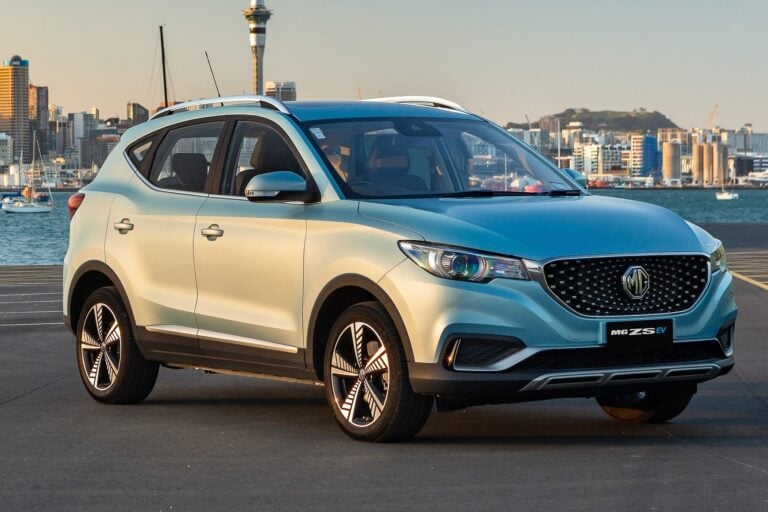 News
NewsNew Zealand announces rebate for EV buyers
Light vehicles costing up to NZ$80k will be eligible from July 1 to December 31 this year
-
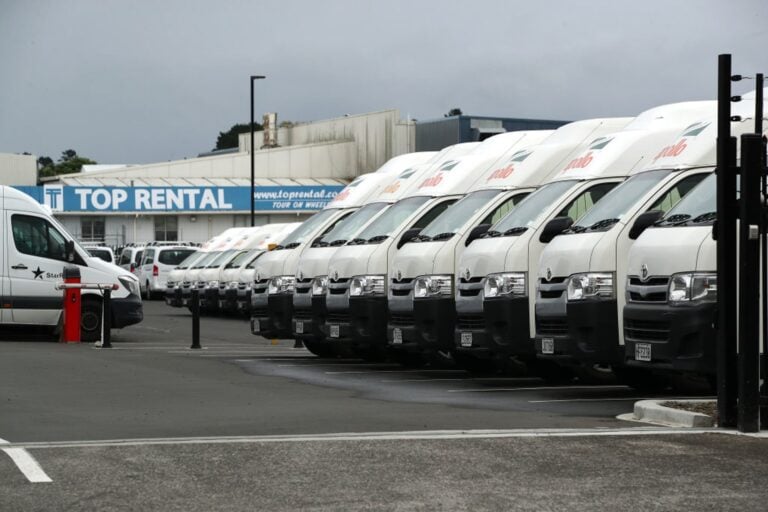 News
NewsBro, where’s my car: 97 Jucy rentals stolen on Anzac weekend
Brazen theft of Jucy rental cars in New Zealand comes to sticky end for 29 thieves
-
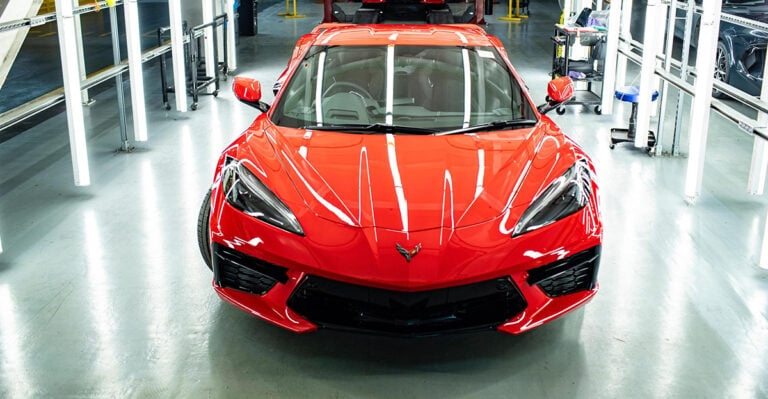 News
NewsGMSV to begin production for Australian and New Zealand bound C8 Corvettes this month
The first RHD C8 has landed on our shores and is commencing testing




